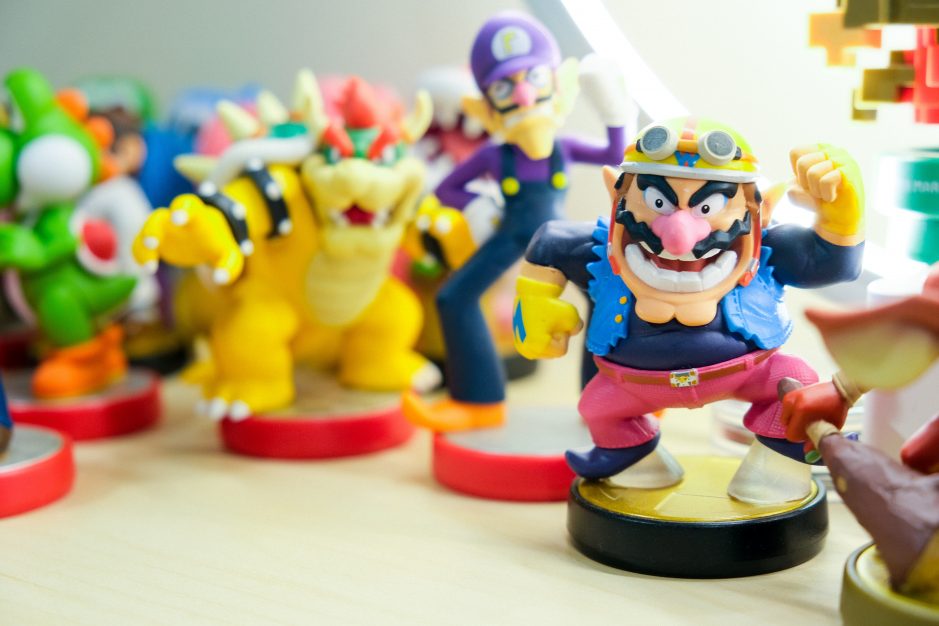How many times have you watched a show and felt sad when the villain wasn’t onstage? That’s because a good villain is not only watchable, they’re somewhat relatable. Think Aaron Burr. Stanley Kowalski. Goneril and Regan. When writing a villain, make them the hero of their own story and they’ll shine.
More than anything, audiences want characters (virtuous and not) to want something. And audiences want them to be desperate to get it, and single-minded in their actions to get it. A good villain is a worthy opponent to your protagonist, not a pushover or a cardboard “bad guy.” Giving your villain a credible backstory that allows their actions to be logically or emotionally motivated is essential.
Over at Jerry Jenkins’s blog, he provides a handy checklist to create a villain audiences will love.
Villain Characteristics Checklist:
- Should be convinced they’re the hero
- Should have many likeable qualities
- Are a worthy enough opponent to make the hero look good
- You (and your audience) like when they’re on stage
- Should be clever and accomplished enough that people must lend them begrudging respect
- Should not be a fool or a bumbler (but may pretend to be)
- Has many of the same characteristics of the hero, but they’re misdirected
- Should occasionally be kind, and not just for show
- Can be merciless, even to the innocent
- Persuasive
- Will stop at nothing to get what they want
- Proud
- Deceitful
- Jealous, especially of the hero
- Vengeful
